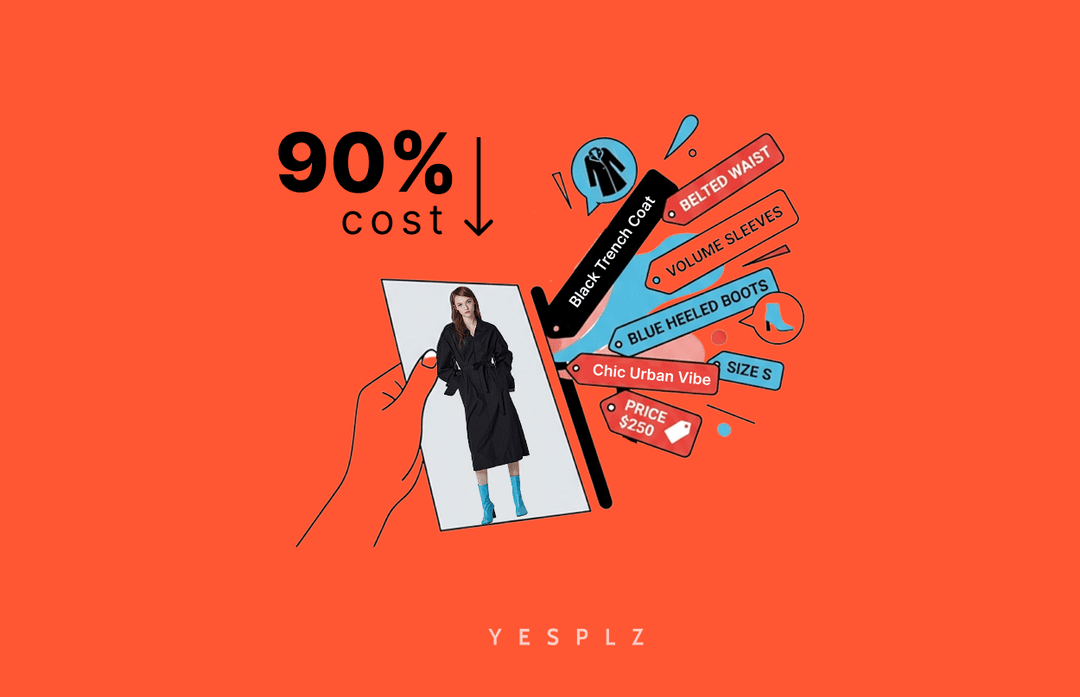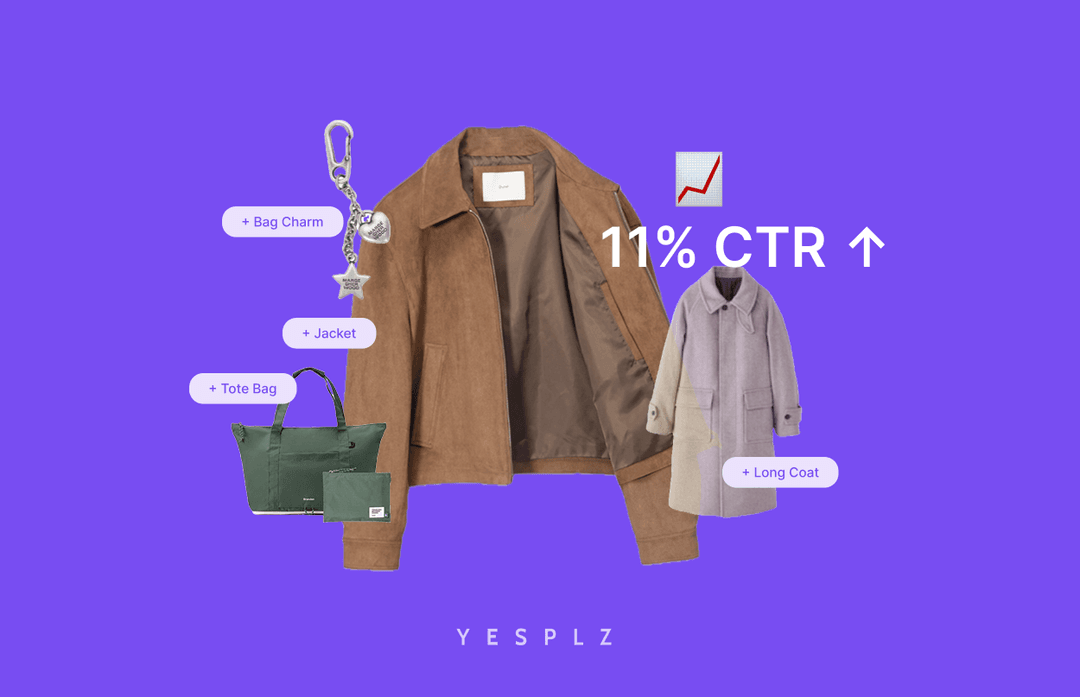A Case Study of Two Leading Retailers
by Jess Erdman, Content Marketing LeadAugust 2023

All eCommerce retailers know it: modern day eCommerce discovery has a problem. In fact, it’s such a huge problem that eCommerce retailers are missing out on revenue and customer loyalty.
And, it’s not a new problem. Fashion discovery is difficult for customers, who want to find products that fit their criteria.
And,eCommerce discovery is just as difficult for retailers, who are left to spend hours updating unreliable product tag information from suppliers.
The way that retailers and customers are experiencing fashion discovery and search is in desperate need of an update.
Schedule a free consultation to learn more
Through hundreds of interviews, we discovered the most important criteria to shoppers: fit and style. When a customer begins to narrow down their search using more and more keywords, those keywords are related to the fit and style of a product.
Customers that prefer a loose-waist rarely will want to see search results of a tightly-fitted waist.
So, why is it that current fashion product discovery tools allow for inaccurate search results? When a customer types in “A-line dress,” she might receive dresses that aren’t cinched in the waist.
The answer: text-based search and fashion taxonomy.
Fashion taxonomy is defined as the categorization of fashion products. If the term sounds complicated to you, imagine how complicated it would be for a customer to know which fashion terms to type into a retailer’s website.
The second piece of the equation, text-based search, relies on customers to understand fashion taxonomy and to guess the terminology that retailers use (for example, an A-line dress might be called a skater dress for some retailers).
In short, customers know their preferences when it comes to fit and style, even if the customer is in “fashion discovery” mode.
And, text-based search allows for too many inaccuracies, and too much confusion around fashion jargon.
We talked to two leading fashion retailers in Korea, Kolon Mall and Lately, who were both plagued with the same problem: inaccurate, burdensome search for customers as well as the burdensome task of product tagging each and every new product that arrives.
With thousands of hours of productivity lost to the task of product tagging, Kolon Mall and Lately wanted a new way to engage with search, from both a customer and retailer perspective.
Enter the YesPlz Virtual Mannequin Filter.
The YesPlz Virtual Mannequin Filter is a fashion product discovery tool that’s powered by fashion artificial intelligence, and eliminates the need for confusing text-search. Instead, customers simply select their preferred style attributes on a virtual mannequin, and receive instant results in real-time that are accurate and fashion-forward.
On the retailer end, the YesPlz Virtual Mannequin Filter algorithm learns retailers’ products, automatically tagging the most important fashion attributes along the way.
When Kolon Mall and Lately implemented the YesPlz Virtual Mannequin Filter to reimagine the fashion product discovery process, both retailers saw an increase in customer satisfaction and more accurate search results.
You can read the full case study here: How Fashion AI Transformed Two Online Retailers.
YesPlz is creating a holistic product discovery experience, using fashion-trained AI--and the experience is consistent across all apps and touchpoints.
YesPlz makes eCommerce product discovery easy by building apps that are seamlessly integrated with each other. AI image tagging makes sure every app has consistent product data and allows us to create a personalized experience for every shopper. The Virtual Mannequin Filter is one of many discovery apps that YesPlz offers to create holistic discovery.
Schedule a free consultation to learn more
Written by Jess Erdman
Content Marketing Lead
I'm passionate about creating cool content. The best part? I get to learn new things about fashion tech and ecommerce everyday. Have an idea or opinion about this article? Reach out at jess@yesplz.ai

Inconsistent tags hurting sales? Self-service product tagging delivers accuracy and speed without enterprise prices. Tag products 10x faster at 90% lower cost.
by YesPlz.AI

We analyzed 13,374 fashion searches. AI tagging increased product discovery by 22% and boosted clicks by 11%. Here’s what the data revealed.
by YesPlz.AI